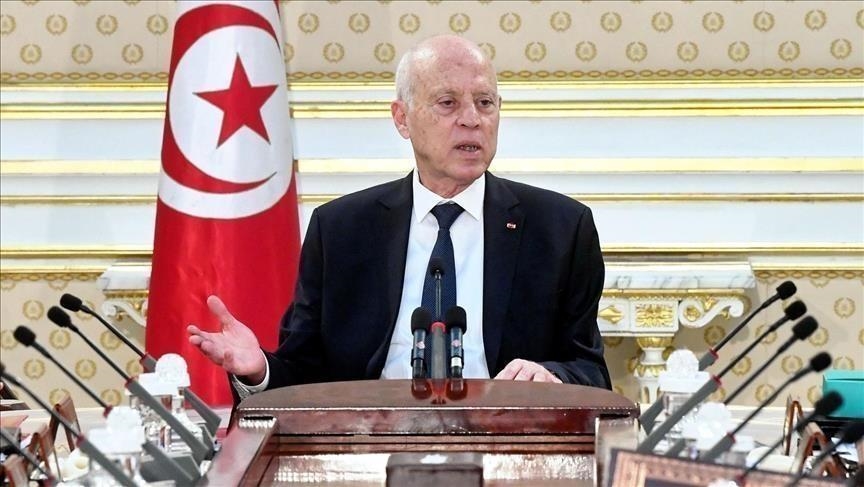
Tunisian President Kaïs Saïed has issued a strong rebuke to international critics, rejecting what he described as “unacceptable interference” in Tunisia’s internal affairs.
His comments come in response to renewed pressure from several non-governmental organizations urging the European Union to take a firmer stance on the country’s alleged human rights violations.
The president, speaking from the Carthage Palace on Friday, June 27, condemned recent appeals made to Brussels, stating unequivocally that Tunisia “does not need expressions of satisfaction from any foreign party” and must not be treated as “a farm or an orchard” beholden to outside interests.
The statement followed a high-level meeting with Ibrahim Bouderbala, President of the Assembly of People’s Representatives, and Imed Derbali, President of the National Council of Regions and Districts.
According to an official communiqué, the leaders reviewed draft legislation with significant economic and social implications.
President Saïed used the occasion to emphasize the sovereignty of Tunisia’s political institutions, declaring that national policy is “exclusively defined by elected institutions, derived from the popular will and in accordance with the constitutional framework.”
This marks a continued stance from the Tunisian leader, who has resisted external criticism since assuming near-total control of the government in 2021, following a controversial suspension of Parliament.
While his administration insists on constitutional legitimacy, critics, including prominent rights organizations, warn of a tightening authoritarian grip.
Saïed also warned of “suspicious circles” linked to foreign interests, whom he accused of exploiting patriotic rhetoric to sow discord.
“These maneuvers and their instigators are perfectly identified,” he said, assuring that justice would prevail and that Tunisians would “thwart the plots hatched against them.”
The European Union previously pledged to monitor Tunisia’s democratic trajectory more closely after an initial round of complaints in 2024.
However, the latest developments have further complicated relations between Brussels and Tunis, especially as the EU continues to balance concerns about governance with its strategic cooperation on migration and security in North Africa.
As calls for transparency and reform grow louder, President Saïed’s defiant tone signals that Tunisia’s leadership remains committed to charting its own course—regardless of mounting diplomatic and civic pressure.



